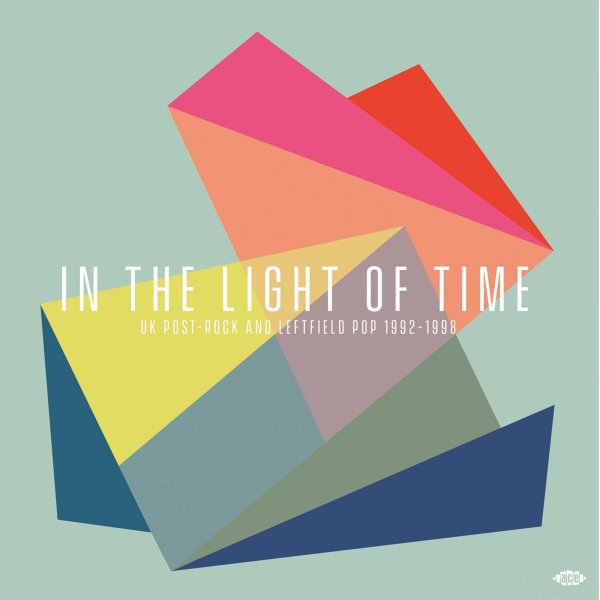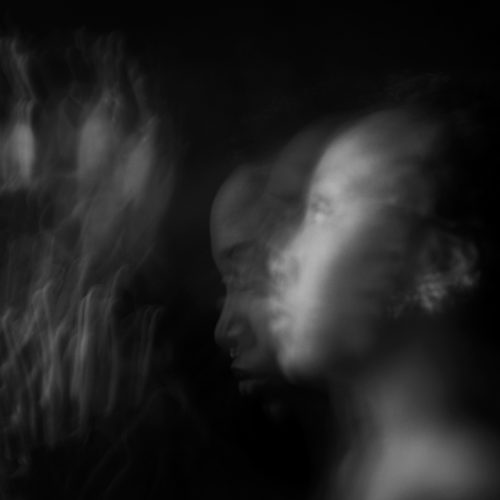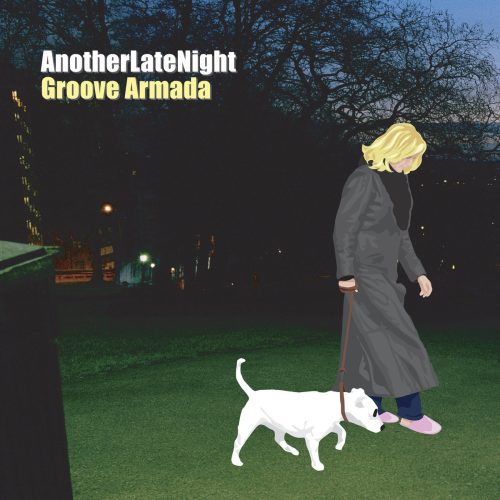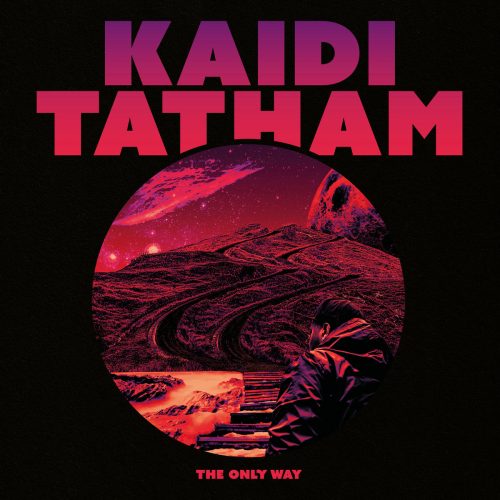In The Light Of Time (UK Post-Rock & Leftfield Pop 1992 – 1998)
Label: Ace
Genre: Electronic, Experimental, Rock, Indie Rock
$49.99
Out of stock
In the early 90s, a number of bands exploring the daring side of guitar rock and pop started to emerge in the UK. Most were new, some included members of 80s groups looking for new directions. They were supported by established independent labels such as Rough Trade and 4AD/Guernica and new ventures like Too Pure or Domino. Influenced by the legacy of post-punk, minimalism, 70s art rock and a growing electronic scene, their first releases were enthusiastically received by the media. This included a 1994 article in The Wire where journalist Simon Reynolds used the term “post-rock” to refer to some of them: Bark Psychosis, Disco Inferno, Moonshake, Seefeel, Main, Pram, Insides…
Even though these bands didn’t sound alike, they seemed to share an ethos of deconstruction and were interested in the possibilities of studio manipulation. Calling their music post-rock meant that it still had a link with established rock music, even as it picked it apart and made something new from its component parts. There was a fluidity to roles and image, many bands rejecting the idea of a front person or focal point. For some artists, this also translated into an attitude to lyrics, which could be absent, minimal or hushed. There was also a tendency to see the human voice as another instrument, on an equal footing with others in the mix; part of the suite of sounds rather than something sitting on top of a song’s hierarchy.
However, 1994 was also the first year when Britpop dominated the UK charts and music press. Britpop was rooted in nostalgia and familiarity, very different to post-rock’s ahistorical magpie approach. The contemporary artists featured on this compilation felt their already-small window of exposure shrinking. Still, away from the limelight, these bands released innovative records that were lauded worldwide.
The second part of the 90s brought a new crop of groups and “bedroom” labels that carried on this forward-thinking attitude to music, unburdened by genre notions and open-minded in the best sense. By then, technology was getting cheaper and smaller, which meant that the band structure became even less important. This often led to a strand of music that was more introspective, vulnerable and less concerned with playing live than ever before.
By the late 90s post-rock as a genre was hardening, and the term was usually applied to all instrumental guitar-based music, rather than the more complex original vision. Indeed, for a listener only familiar with this later kind of post-rock, the sound of many bands on “In The Light Of Time” may come as a surprise. If they were released today, these tracks would probably be described as post-punk, art rock or leftfield pop. But beyond any tags and genres, they remain as inventive, captivating and fresh as when they first came out.






